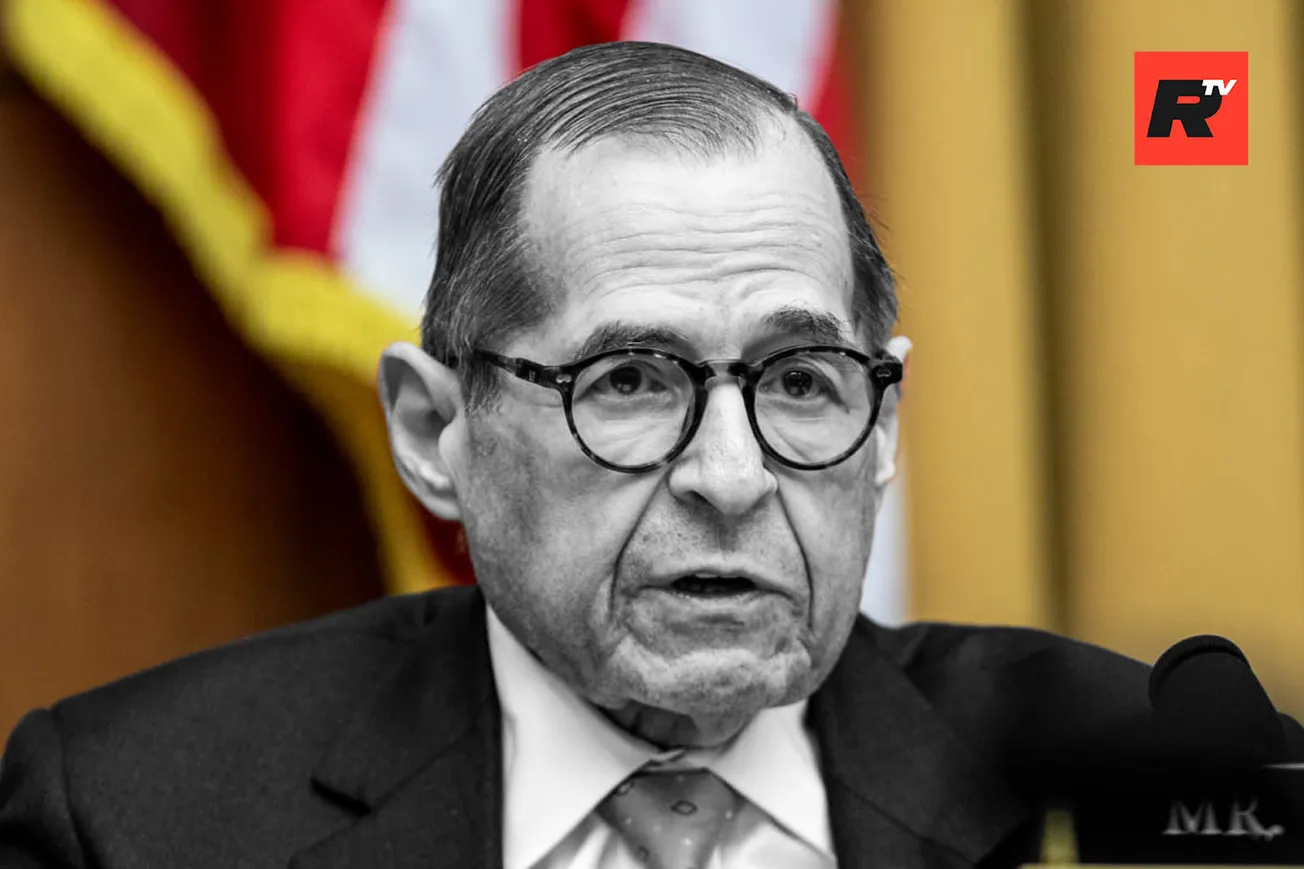Table of Contents
Democratic Rep. Jerry Nadler, the dean of New York’s congressional delegation, confirmed on Tuesday he will not seek reelection in 2026, ending a 33-year career in the House and a staggering 50 years in elected office.
"When I step down at the end of this term, I will have served for 50 years in continuous elected public service to the people of New York. It is the right time to pass the torch to a new generation," Nadler declared in a statement.
The announcement, first reported by The New York Times, came after Nadler, in an interview, pointed to the chaotic end of Joe Biden’s presidency as a factor in his decision.
"I was convinced it was time for generational change and that a younger person can maybe do better, can maybe help us more," he told the outlet.
He added in his official statement, "My plans for the next sixteen months, however, are clear. I will continue to give everything I have to defend our democracy, protect our institutions, and fight for the values that as Americans and New Yorkers we share."
Nadler’s exit sets the stage for a fierce Democratic primary in New York’s 12th Congressional District, encompassing Midtown Manhattan, the Upper East and West Sides, Central Park, Times Square, and the Empire State Building.
Already, a crowded field is emerging, with names like City Councilmember Erik Bottcher, state Assemblymember Alex Bores, and Nadler’s former aide, state Rep. Micah Lasher, who Nadler is reportedly backing.
Liam Elkind, a 26-year-old Democrat who launched a primary challenge in July, had already been pushing Nadler to retire, saying, "There has to be a way of both honoring the 49-year-political career of someone like Jerry Nadler while asking him to build a bridge to the future."
Nadler’s tenure as the top Democrat on the House Judiciary Committee from 2019 to 2023 was marked by scandals that cast a long shadow.
In 2019, Nadler led the charge on the first impeachment of Donald Trump, introducing articles for abuse of power and obstruction of Congress over Trump’s alleged pressure on Ukraine to investigate political rivals.
"The House voted to impeach the president, but in 2020, Trump was acquitted on both articles in a Senate trial," CNN noted.
Nadler’s impeachment push was less about justice and more about partisan grandstanding, a move that energized Trump’s base while yielding no conviction.
Nadler’s voting record has also drawn scrutiny.
He consistently supported expansive government programs, voting for the Affordable Care Act in 2010 and championing the Pregnant Workers Fairness Act, signed into law by President Biden in 2022.
But his unwavering backing of policies like the Green New Deal and Medicare for All has alienated moderates, who see him as out of touch with economic realities.
His vote against the 2001 PATRIOT Act was lauded by civil libertarians, but his later support for reauthorizing certain surveillance provisions left some privacy advocates feeling betrayed.
Then there’s the baggage. In 2022, Nadler faced a bruising primary against fellow incumbent Rep. Carolyn Maloney in a redrawn district, exposing tensions within the Democratic Party.
His decision to step down as Judiciary Committee ranking member last year came amid whispers in the Democratic Caucus about his ability to counter Trump’s influence, with Rep. Jamie Raskin, D-Md., challenging him for the role.
Reports of Nadler’s health struggles and questions about his mental sharpness only fueled the narrative that he was past his prime.
Add to that a 2018 ethics probe into unreported campaign contributions, which, while ultimately dismissed, raised eyebrows about his financial dealings.
And let’s not forget the 2020 controversy when Nadler dismissed concerns about Antifa violence as a “myth,” a statement that sparked outrage among conservatives and moderates alike.
The fight for Nadler’s seat is already shaping up as a circus.
State Assembly member Alex Bores, 34, told Gothamist, "It will be an extremely crowded race. We have so much to do. This is not a time when the American people are waiting on business as usual, waiting on the local political club and machinations to decide who should be there."
Bores, a new father, added, "I will be considering that at some point. I’m very much focused on my two-and-a-half-week-old baby at the moment."
"Being in Congress in and of itself is prestigious," Lupe Todd-Medina, a Democratic political consultant, told Gothamist. "But that particular seat coming after Congressman Nadler, would be an honor in and of itself."
Other potential candidates include City Councilmember Julie Menin and former FTC Chair Lina Khan, though neither has confirmed a run.
Former New York City Comptroller Scott Stringer, a Nadler protégé, ruled out a bid, saying, "I believe that the next congressmember should fight like hell to continue Social Security. It should not be a person who is on Social Security."
Even Andrew Cuomo, the disgraced former governor, was floated as a wildcard, though his camp shut it down.
"The only job that Andrew Cuomo wants is mayor to serve the people of New York City," said spokesperson Serena Roosevelt.
Nadler’s exit may be dressed up as a noble handover, but it’s hard to ignore the stench of a career that’s overstayed its welcome. His scandals—whether it’s the ethics questions or his tone-deaf Antifa remarks—reveal a politician more concerned with power than principle.
As Manhattan’s elite gear up to anoint their next champion, New Yorkers deserve better than another insider handpicked by the machine.
Nadler’s torch may be passing, but the shadows of his legacy—divisive, bloated, and mired in controversy—will linger.
The question now is whether the next generation can break free from the old guard’s grip or if they’ll just carry on the same tired game.






